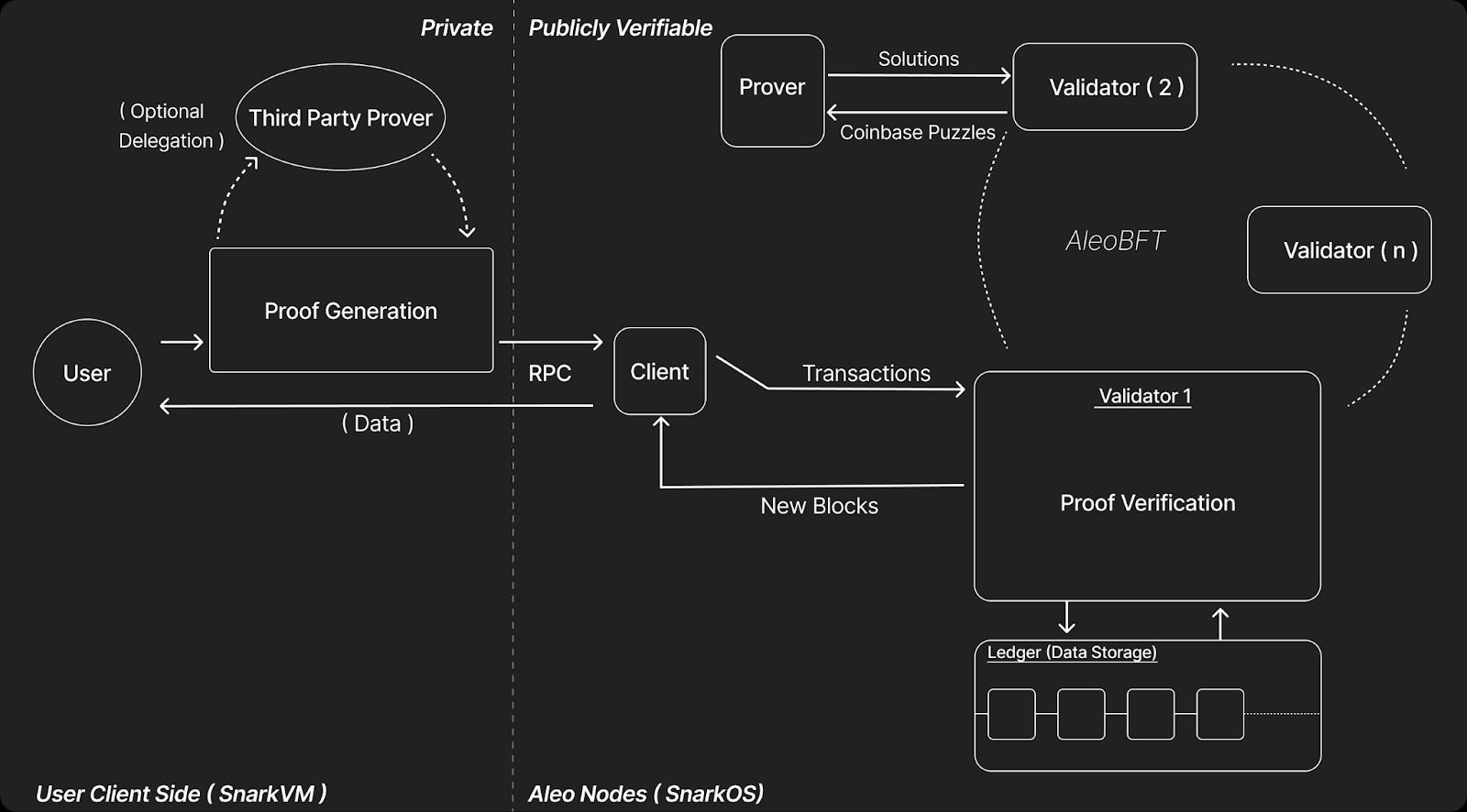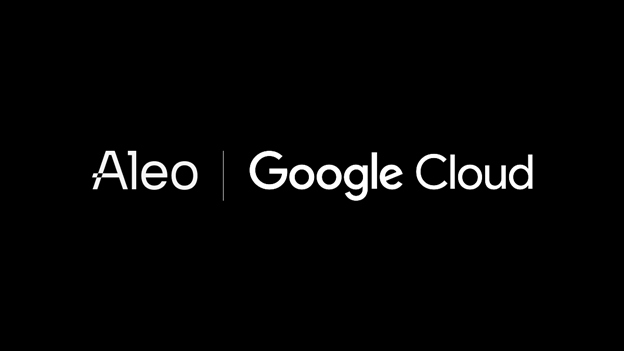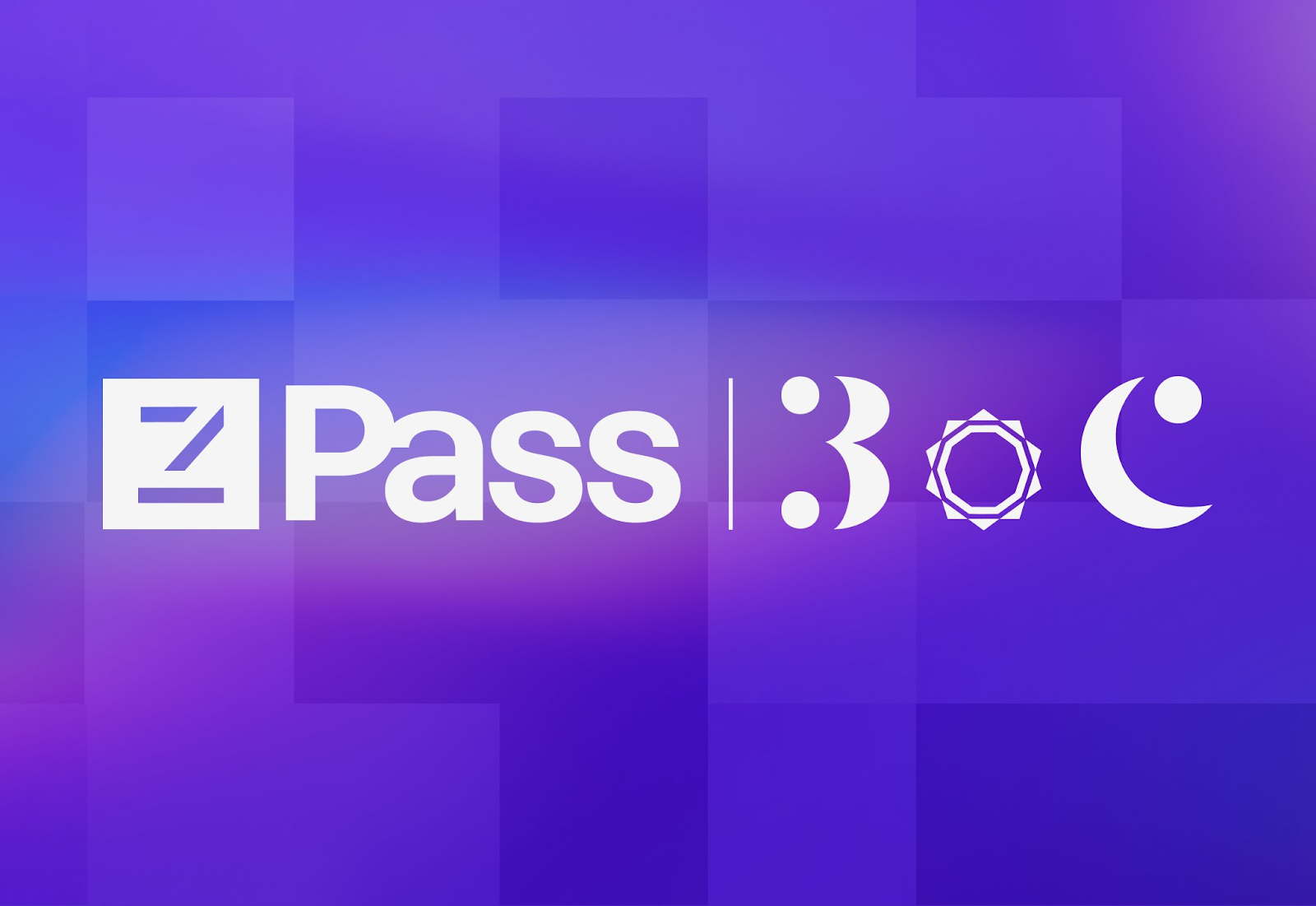Author: Frank, PANews
On February 23, Binance founder CZ stirred up a storm during a routine test on the BSC chain—when he attempted to purchase MEME coins, on-chain data was tracked in real-time, leading the community to mistakenly interpret it as an official action, causing tens of thousands of users to follow suit. In response, CZ helplessly clarified: "This is just a personal test."
This blunder exposed the "privacy paradox" triggered by blockchain transparency: on-chain behavior is akin to running naked, sandwich attackers target trades, hackers engage in directed phishing, and MEME players tracking smart money end up being harvested. Aleo founder Howard Wu incisively commented: "CZ's first attempt at AMM is a typical example of why I created Aleo. I just want my account to be visible only to me; I don't understand why the whole world needs to see it." The transparency and traceability of blockchain, once a revolutionary advantage, has evolved into a fatal weakness in complex scenarios like DeFi and GameFi: privacy leaks become attack vectors, and transparent ledgers turn into breeding grounds for malfeasance.
According to a report by Certik, losses from phishing attacks due to exposed on-chain behavior could reach up to $1 billion in 2024. When transparency shifts from a cornerstone of trust to a shackle of development, does blockchain need a privacy revolution? Aleo's answer is: reconstruct privacy boundaries using zero-knowledge proofs, allowing users to regain data sovereignty.
Building a Bridge in the Deep Waters of Cryptography
While other privacy projects waver between "complete anonymity" and "regulatory compliance," Aleo has chosen a more fundamental breakthrough path: achieving "selective transparency" through ZKP technology—users can hide sensitive data while proving its authenticity to specific parties. This vision is grounded in three major technological pillars.
Aleo's core technology has three breakthrough layers: zkCloud (privacy computing layer), Leo language (developer tool layer), and AleoBFT consensus (network layer).

zkCloud is a core technology of Aleo that moves complex computing tasks off-chain to users' own devices, then verifies the correctness of these computations through zero-knowledge proof technology. This protects user privacy while improving blockchain operational speed.
The key lies in off-chain execution; the blockchain acts like a shared ledger where all transactions and computations are publicly recorded. However, if everyone writes on this ledger, it becomes very slow, and privacy is not guaranteed. zkCloud is like giving everyone a "private notebook" where they can quietly complete computations and only submit the results to the public ledger. This is both fast and does not leak details. According to a report by Messari, zkCloud can reduce the processing time for privacy transactions from several seconds to milliseconds, and computation costs can be lowered by over 90%.
To this end, Aleo has specifically designed a programming language—Leo language—to develop decentralized applications that require privacy protection. It simplifies the complex zero-knowledge proof (ZKP) technology, allowing developers to write privacy applications without needing to be cryptography experts. ZKP technology itself is very complex, making it difficult for ordinary programmers to get started. Leo acts like a "translator," turning advanced cryptographic concepts into simple programming syntax. Developers use it as if they were writing ordinary programs, while the underlying ZKP details are automatically handled by Leo. With this low barrier to entry, Aleo's official data shows that the number of dApps developed using Leo increased by 150% in 2024.
AleoBFT is the consensus mechanism used by Aleo, combining the advantages of PoW and PoS through a dynamic committee to quickly confirm transactions while maintaining network decentralization and security. AleoBFT first selects a committee using PoW, and then this committee quickly confirms transactions using PoS. This ensures decentralization while improving efficiency. Data from Aleo's testnet shows that the average transaction confirmation time for AleoBFT is 2 seconds, much faster than Ethereum's 15 seconds, making it suitable for scenarios requiring rapid transactions. zkCloud protects privacy and enhances efficiency, Leo language lowers development barriers to promote innovation, and AleoBFT ensures fast decentralized transactions.
Giants Join Hands, Trust Anchors with Google Cloud and Coinbase
Although zero-knowledge proofs and privacy computing may seem obscure to ordinary users, industry giants appear to have already recognized the potential of this field. Before the mainnet launch, Aleo raised over $200 million in total funding, setting a record for the largest financing in the zero-knowledge space. Investors include well-known institutions such as a16z, SoftBank, Coinbase, and Samsung.
The advanced technological concepts and endorsements from industry giants have evidently brought Aleo greater industry recognition and further advanced the pace of Aleo's ecological governance.

On February 27, 2025, Aleo announced a strategic partnership with Google Cloud, becoming the first zero-knowledge Layer 1 network in the Google Cloud ecosystem. In this collaboration, Google Cloud also participates in the operation of Aleo's mainnet validation nodes, enhancing the network's decentralization and stability. For Aleo, developers can analyze Aleo network data (such as transaction volume and on-chain records) using Google Cloud's BigQuery tool, improving development efficiency. Additionally, Coinbase became one of the first validators at the mainnet launch.
In the fourth quarter of 2024, Aleo's ecosystem continued to grow, with daily active addresses increasing by 10.6% and new addresses rising by 34.4%. By March, Aleo's validation nodes had reached 25.
Meanwhile, Aleo's governance roadmap is also actively advancing. In May 2024, before the mainnet launch, the Aleo Foundation governance platform was introduced, allowing Aleo token holders to vote on protocol upgrades and improvement proposals through the platform. After the mainnet launch, the ambassador program was divided into three levels: Apprentice, Voyager, and Maestro, with participants required to submit content to accumulate AleoPoints and promote community governance. The platform utilizes ZKP technology to enable privacy voting, avoiding external interference. As of March 2025, the governance platform has processed multiple proposals, such as ARC-0042 in December 2024 (dynamic reward adjustment, with community support reaching 93%).
From On-Chain Privacy to Real-World "Data Passports"
Aleo's capital layout and strategic partnerships have paved a fast track for its development, with technological breakthroughs needing the support of a thriving ecosystem. The technological dividends are beginning to translate into practical use cases, with Aleo's zPass protocol gradually moving towards implementation.

"If privacy is not built-in, cryptocurrencies will never truly enter the real world." Howard Wu's declaration on the X platform reveals that Aleo's true goal is to open more industry doors for blockchain through privacy computing.
zPass is a protocol developed by Aleo that allows users to securely verify specific attributes of their identity (such as age and nationality) without disclosing all personal information, based on zero-knowledge proof technology. It acts like a "privacy passport," allowing you to prove "I am an adult" or "I am a U.S. citizen" without revealing your name or address.
In February 2025, Aleo announced that the first five projects were implementing zPass in production environments, including Playside, World3, Humine, GeniiDAO, and ThreeofCups (3oC), covering gaming, finance, healthcare, education, and social sectors.
Among them, Playside uses zPass for age verification to ensure that young users have a safe and age-appropriate experience when interacting with AI agents. For example, it verifies whether users meet the age requirements to access certain game content.
Humine is a decentralized clinical trial platform that allows patients to prove their research eligibility (such as specific diseases or age) through zPass without exposing their complete medical records.
Clearly, the application of zero-knowledge proofs seems to cover more traditional industries, not just limited to crypto and finance. This is also the driving force behind Aleo's vision of returning user data sovereignty and building a new Web3 ecosystem centered on "privacy as a service."
From on-chain attack losses of $1 billion to CZ's MEME coin blunder, Aleo's narrative characteristics indeed confirm the evolution of blockchain value: as technology shifts from pursuing "absolute transparency" to "controllable anonymity," a new social contract is born—in the digital world, the essence of freedom is not unreserved openness, but the right to control one's own data boundaries.
免责声明:本文章仅代表作者个人观点,不代表本平台的立场和观点。本文章仅供信息分享,不构成对任何人的任何投资建议。用户与作者之间的任何争议,与本平台无关。如网页中刊载的文章或图片涉及侵权,请提供相关的权利证明和身份证明发送邮件到support@aicoin.com,本平台相关工作人员将会进行核查。



